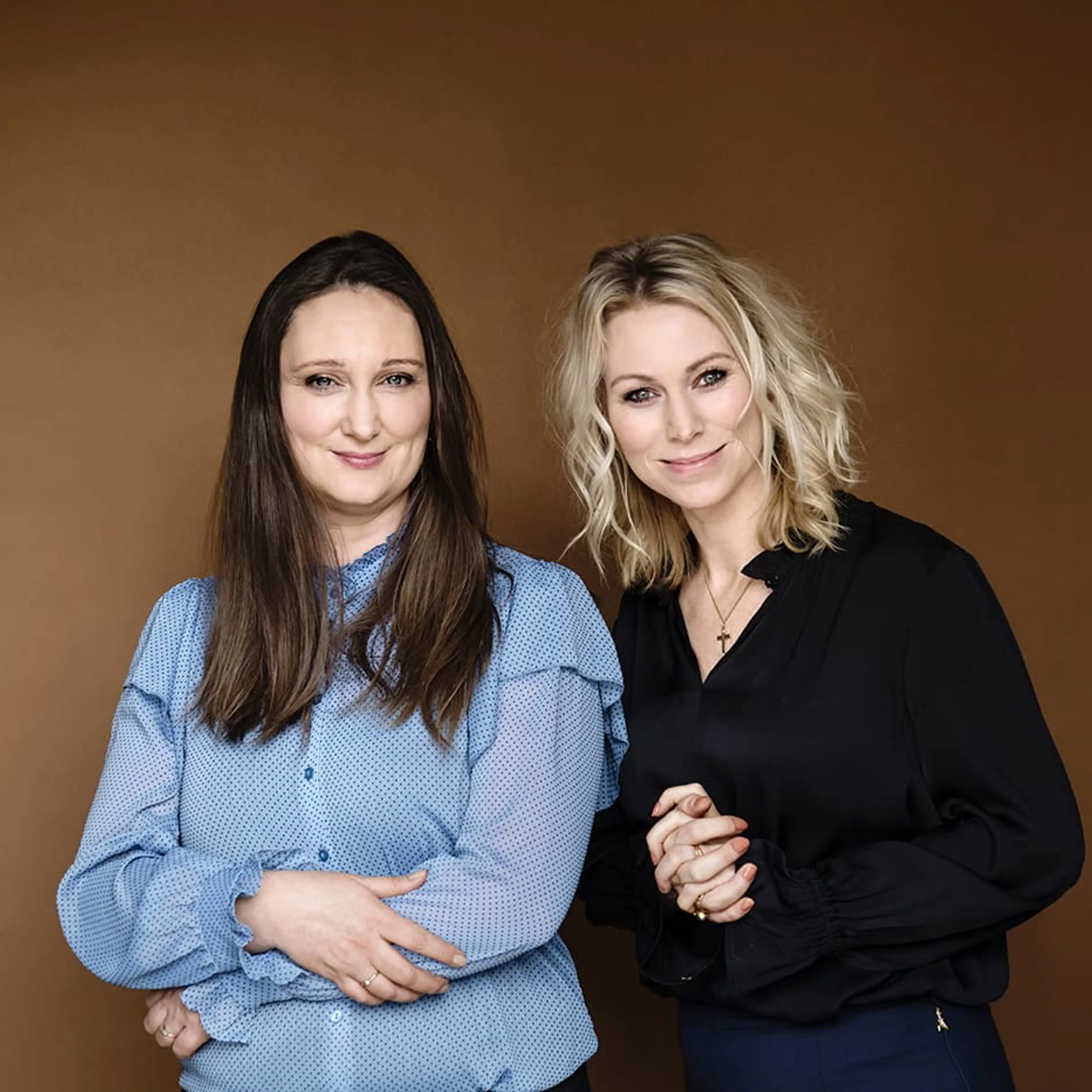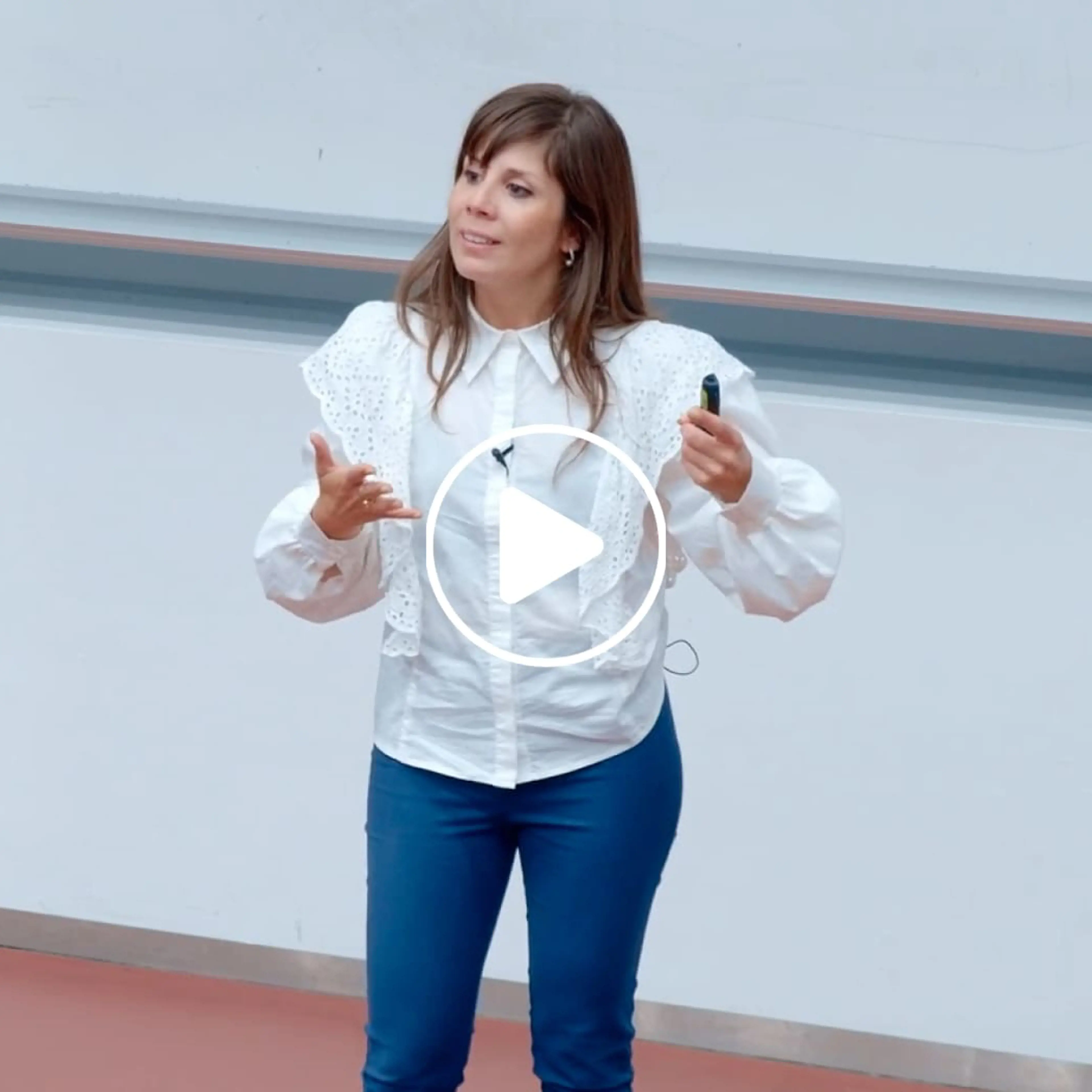To understand the developments in the international tax scene over the past decade, two concepts are essential. One is "tax in the boardroom." The other is "fair share."
These concepts are interconnected and reinforce each other, notes Jeroen Lammers, Assistant Professor at CBS and lecturer on the Master of Tax (this programme is taught in Danish 🇩🇰).
"Tax, especially tax for international companies, has moved to the top of the political agenda. This means we have also seen a shift towards 'tax in the boardroom.' Previously, tax was handled by a technical department, and broadly speaking, only shareholders inquired about how much tax was being paid. This is no longer the case. With the political focus, all companies and boards, as well as everyone within companies, must now address tax issues," he says, adding:
"And it is not just the technical rules; companies must also consider societal attitudes. In this way, there are now significantly more stakeholders beyond shareholders, such as politicians, the media, and NGOs."
This increased focus is linked to the second concept, "fair share."
"A lot of questions revolve around whether companies are paying a fair share of their earnings in tax. This is a focus for the media, NGOs, and politician. Therefore the management of each company must also address this, and it is not only relevant for the largest companies," says Jeroen Lammers.



